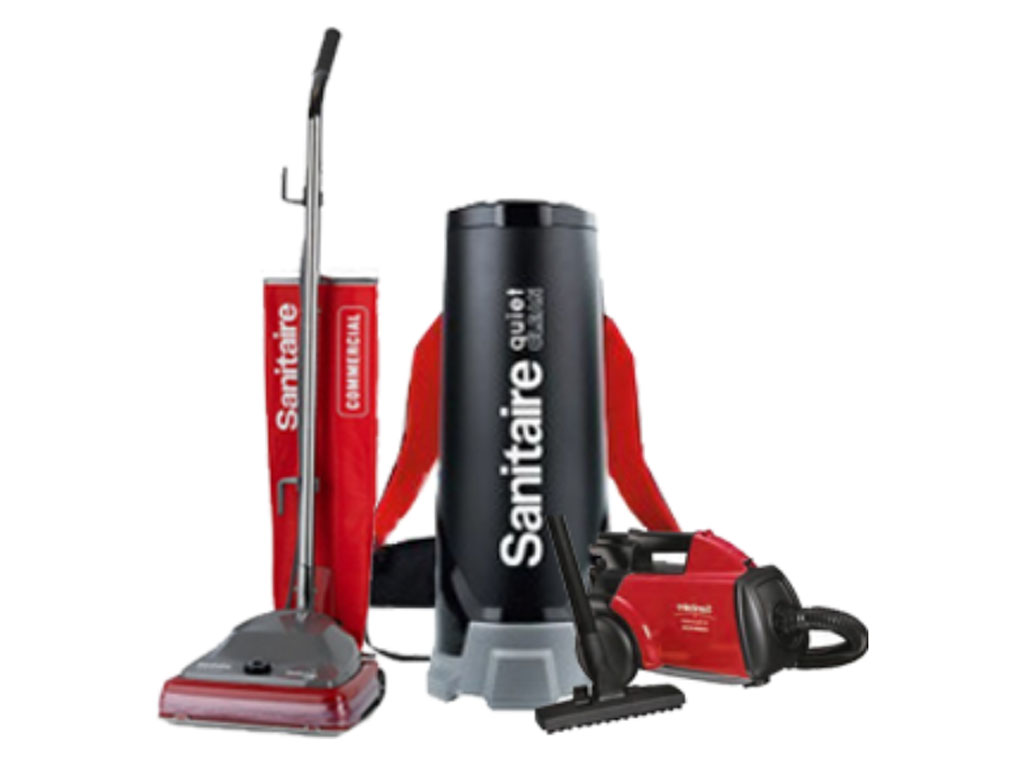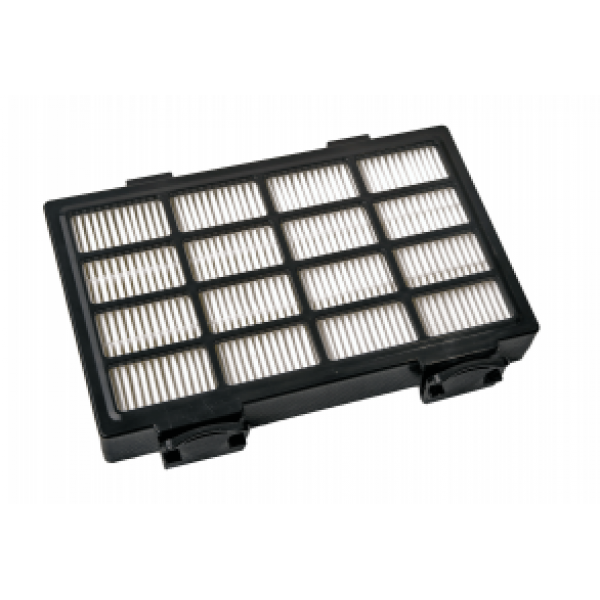Are Vacuum Cleaners Bad for Health?
Uncovering the Health Impact and Tips for Cleaner Air
 Vacuum cleaners are essential household tools, designed to help us maintain cleanliness and improve indoor air quality by efficiently removing dust, dirt, and allergens from our living spaces. They come in various types, including upright, and canister models, catering to different cleaning needs and preferences. However, recent studies suggest that some vacuum cleaners might not always be as beneficial as we assume, particularly if they lack proper filtration systems.
Vacuum cleaners are essential household tools, designed to help us maintain cleanliness and improve indoor air quality by efficiently removing dust, dirt, and allergens from our living spaces. They come in various types, including upright, and canister models, catering to different cleaning needs and preferences. However, recent studies suggest that some vacuum cleaners might not always be as beneficial as we assume, particularly if they lack proper filtration systems.
Let's delve into the potential health risks associated with vacuum cleaners, such as the release of fine particles back into the air, which can exacerbate respiratory issues and allergies. We'll also explore the crucial role of HEPA filters, which are capable of trapping 99.97% of particles as small as 0.3 microns, making them a vital component in reducing indoor air pollution.
Additionally, we'll offer practical tips for minimizing indoor air pollution, such as regularly cleaning and maintaining your vacuum, using models with advanced filtration systems, and ensuring proper ventilation during and after cleaning.
Potential Health Risks of Vacuum Cleaners
Vacuum cleaners operate by sucking in dust, dirt, and bacteria from our floors, helping to maintain cleanliness in our living spaces. However, it is important to be aware that some of these particles can be released back into the air, potentially leading to health issues. A comprehensive study conducted by Australian researchers tested 21 vacuum cleaners from various well-known manufacturers, including Dyson, Electrolux, Hoover, iRobot, and Sanyo.
- The study's findings revealed that all vacuums emitted some level of bacteria, dust, and allergens back into the air, regardless of the brand. This is due to the fact that vacuums can sometimes stir up and redistribute fine particles that are difficult to capture entirely. Older and cheaper models were found to contribute more significantly to indoor air pollution compared to their newer, more expensive counterparts, which often feature improved filtration technology.
This re-introduction of allergens, dust, and bacteria into the environment can exacerbate allergies and respiratory conditions, particularly in sensitive individuals such as children, the elderly, or those with existing respiratory issues. It underscores the importance of choosing vacuum cleaners that have effective filtration systems, such as HEPA filters, to minimize the release of harmful particles back into the air we breathe. Regular maintenance and cleaning of the vacuum, including emptying the dust container and replacing filters, can also help reduce the risks associated with indoor air pollution.
The Role of HEPA Filters
 High-Efficiency Particulate Air (HEPA) filters are designed to trap 99.9% of pollen, animal dander, and bacteria, preventing them from being released back into the air. The study showed that vacuums equipped with HEPA filters emitted slightly lower levels of dust and bacteria. While HEPA filters are effective, they are not foolproof. They can still release some particles, but they significantly reduce the amount compared to vacuums without these filters.
High-Efficiency Particulate Air (HEPA) filters are designed to trap 99.9% of pollen, animal dander, and bacteria, preventing them from being released back into the air. The study showed that vacuums equipped with HEPA filters emitted slightly lower levels of dust and bacteria. While HEPA filters are effective, they are not foolproof. They can still release some particles, but they significantly reduce the amount compared to vacuums without these filters.
- Dr. Viviana Temino, an assistant professor of allergy and immunology at the University of Miami, supports the use of HEPA filters, stating that they remove more particles than they reintroduce. Therefore, choosing a vacuum with a HEPA filter is a wise decision for those looking to minimize indoor air pollution.
Tips for Minimizing Indoor Air Pollution
- Regular Maintenance: Ensure your vacuum cleaner is regularly maintained. Clean or replace filters and change vacuum bags as per the manufacturer's instructions to maintain optimal performance and reduce emissions.
- Choose the Right Vacuum: Invest in a vacuum cleaner with a HEPA filter and other advanced filtration systems. Newer models are generally more efficient and less likely to release pollutants.
- Avoid Carpeting: If you or a family member has allergies, consider replacing carpets with hard flooring. Carpets can trap dust and allergens, which vacuums might not completely remove.
- Wash Rugs Regularly: If carpets are necessary, wash throw rugs weekly in hot water to kill dust mites and reduce allergens.
- Consider Central Vacuum Systems: These systems expel air outside the home, reducing the risk of reintroducing dust and allergens indoors.
- Ventilate While Cleaning: Keep windows open while vacuuming to help disperse any airborne particles released during cleaning.
The Future of Vacuum Cleaner Technology
While vacuum cleaners are indispensable for maintaining a clean home, it's crucial to be aware of their potential to contribute to indoor air pollution. Many vacuum cleaners, if not designed well, can release dust and allergens back into the air, defeating their primary purpose. By selecting a vacuum with a high-efficiency particulate air (HEPA) filter, maintaining it properly by regularly cleaning and replacing filters, and following expert advice, you can significantly reduce health risks and enjoy a healthier indoor environment.
Additionally, consider vacuuming at a lower speed to minimize particle release. Remember, a clean home is not just about the absence of visible dirt but also about ensuring the air you breathe is free from harmful particles, contributing to overall well-being and health.




Log In
Create New Account